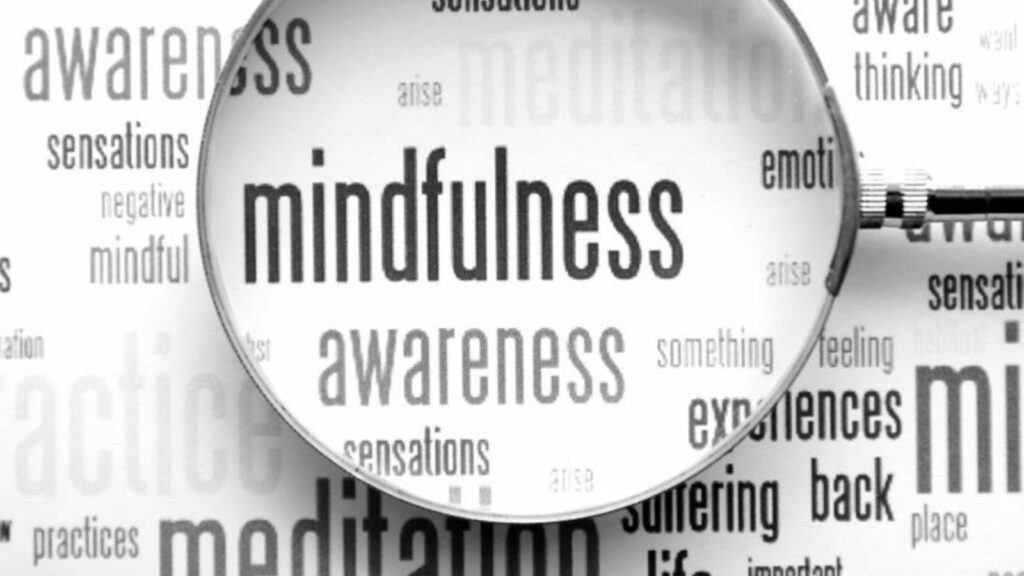Tools that promote self-awareness, emotional stability, and resilience are essential in the addiction recovery journey. One increasingly powerful tool is mindfulness and meditation. These practices help individuals reconnect with the present moment and recover from substance abuse. They get to manage their emotions and build the internal strength needed in the long-term recovery journey. Below, you will find all the necessary information regarding mindfulness and meditation and their role during rehabilitation.
Mindfulness Meditation and Its Importance in Addiction Treatment
Mindfulness meditation involves focusing your attention on the present without judgment. For individuals who are undergoing addiction treatment, this practice can reduce stress, regulate emotions, and promote a deep sense of calm. By observing thoughts and feelings without reacting, recovering individuals can begin to identify triggers and reduce the cravings associated with substance abuse.
Scientific studies show mindfulness-based interventions effectively decrease relapse rates, especially when paired with traditional therapies. These approaches provide a structured way to develop coping skills, improve mental health, and support a holistic approach to recovery.
Mindfulness Techniques for Everyday Recovery
Several mindfulness meditation techniques can be integrated into daily life during and after rehab. Some of the commonly practiced include:
- Mindful Breathing: Paying attention to the breath anchors the mind and eases anxiety. This mindfulness technique allows individuals to return to the present moment, reduce racing thoughts, reduce overwhelming emotions, calm their nervous system, and promote a deep sense of control and clarity.
- Body Scans: This technique promotes awareness of physical sensations, often helping relieve chronic pain and stress. It helps teach individuals to observe discomfort without judgment, develop healthier responses, and support long-term emotional resilience and physical well-being.
- Noting Thoughts and Emotions: Acknowledging intrusive thoughts or emotional waves without judgment reduces emotional reactivity. Through this, individuals cultivate inner stillness, build emotional resilience, and respond to life’s challenges with greater clarity, calm, and self-awareness.
Using these mindfulness practices, individuals in addiction recovery can manage overwhelming feelings and better navigate life’s challenges with increased emotional stability, mental clarity, and a deeper connection to the present moment.
Mindfulness Practices to Support Mental Health Conditions
Many people in rehab struggle with co-occurring mental health conditions such as anxiety disorders, depression, or PTSD. Mindfulness practices are increasingly being used as evidence-based treatments for these challenges. By learning to stay grounded in the now, individuals can reduce the impact of distressing thoughts and gain the clarity they need.
Mindfulness also encourages self-awareness and greater self-esteem, which are necessary for managing both mental health and addiction. These tools are essential, and they help people build healthier perspectives and improve their psychological distress tolerance.
Chronic Pain, Emotional Distress, and Mindfulness Treatments
Chronic pain is a common contributor to substance misuse. Whether the pain is physical or emotional, mindfulness treatments offer a non-medical path to relief. When patients are taught how to sit with their discomfort rather than resist it, their relationship to pain shifts.

This does not mean that the pain disappears. Instead, mindfulness helps individuals notice their thoughts and emotions without escalating distress. Over time, this shift reduces the impulse to escape discomfort through addictive substances.
Mindfulness-Based Interventions in Addiction Treatment
Mindfulness-based interventions are structured programs that combine meditation with therapeutic approaches. One well-known example is Mindfulness-Based Relapse Prevention (MBRP), which blends traditional addiction treatment with mindfulness practices to help patients avoid relapse.
These interventions train individuals to stay present during triggers. They also develop greater self-awareness and make healthier decisions, even in distressing situations. Research consistently supports Mindfulness-based interventions(MBIs) as effective for promoting long-term recovery from substance use disorders.
Practicing Mindfulness to Navigate the Recovery Journey
In rehab, patients are encouraged to practice mindfulness training to suit their needs. Whether ten minutes of guided motivation or walking mindfully through nature, the goal is consistent mental training.
Over time, these practices lead to a deeper understanding of oneself and the world. Many individuals report experiencing positive emotions, reduced emotional distress, and improved physical well-being.
Building Coping Skills Through Meditation
Addiction often hijacks the brain’s reward system. This makes it challenging to manage cravings and make balanced decisions. Meditation for addiction plays a pivotal role in retraining these brain pathways by strengthening self-control, focus, and emotional regulation.
Through mindfulness training, individuals develop new habits and healthy coping skills that replace harmful patterns. Instead of acting impulsively, they learn to pause, reflect, and respond skillfully to life’s challenges.
Long-Term Recovery and Daily Mindfulness Activities
Recovery does not end when rehab does. Maintaining a consistent mindfulness practice can help ensure continued success. Incorporating daily mindfulness activities such as journaling, mindful breathing, or mindful eating can support sustainable progress.
These routines help individuals remain connected to their recovery goals, reinforce a sense of stillness, and manage the ups and downs of post-rehab life. Mindfulness becomes not just a technique. It becomes a way of life rooted in awareness, compassion, and resilience.
Meditation’s Impact on Physical Health and Well-Being
In addition to emotional and psychological benefits, meditation and mindfulness exercises help support physical health. Studies show regular practice lowers blood pressure, improves sleep, and reduces inflammation. This makes meditation a key component in holistic addiction treatment.
Because physical well-being is deeply interconnected to emotional balance, using mindfulness to heal both body and mind helps facilitate a smoother recovery journey.
Harnessing Mindfulness and Meditation to Embrace the Present in Recovery

Mindfulness and meditation are more than wellness trends. They are transformative tools that help in the fight against substance use disorders. By assisting individuals in staying grounded in the present moment, managing emotional turmoil, and building self-awareness, mindfulness helps support every stage of the recovery journey.
Whether through mindfulness meditation, guided breathing, or structured mindfulness-based interventions, these practices help promote resilience, reduce relapse risks, and promote long-term sobriety. With dedication and the proper support, anyone can develop a new relationship with their thoughts and habits. For those seeking a holistic path to healing, mindfulness is not only beneficial but also essential.
If you or a loved one is ready to embrace a mindful path to addiction recovery, consider seeking help at a Riverside holistic addiction treatment center.



